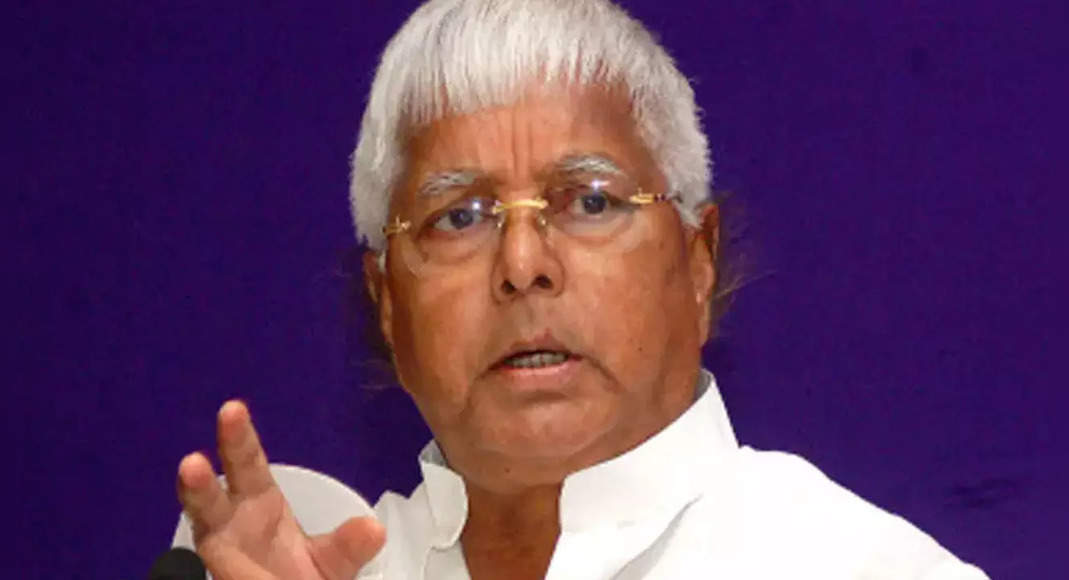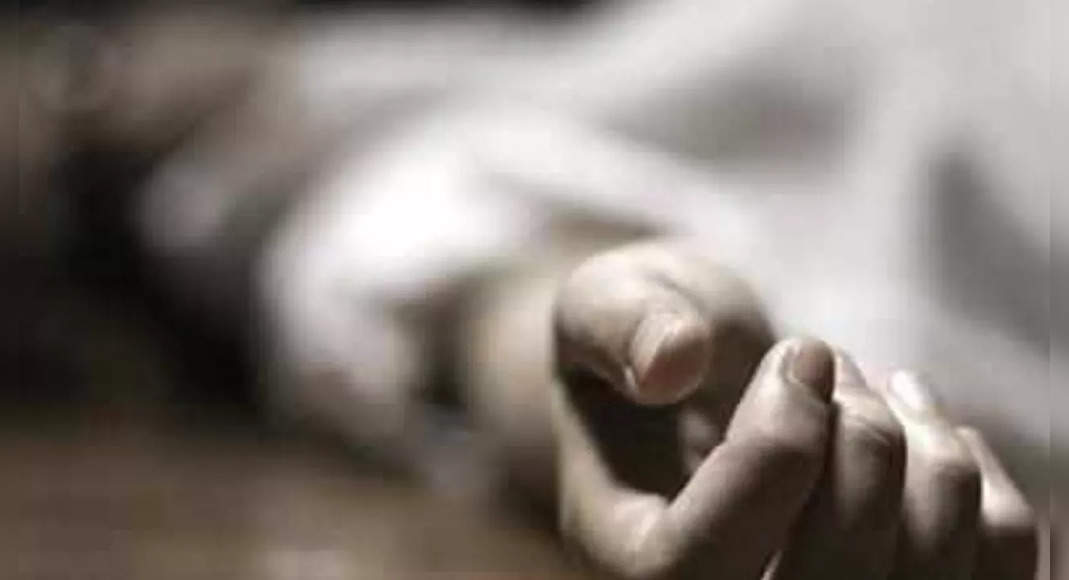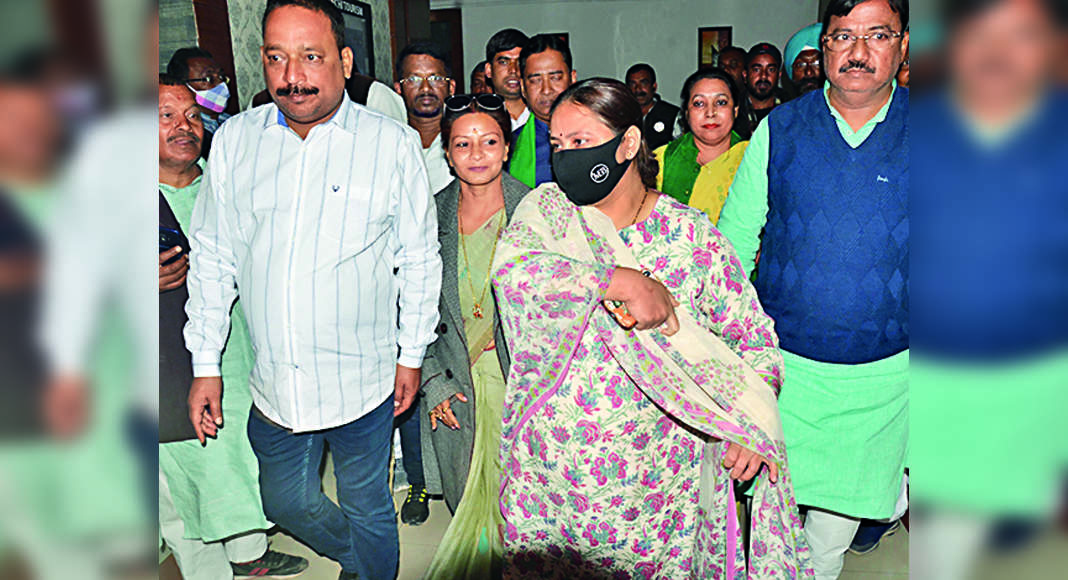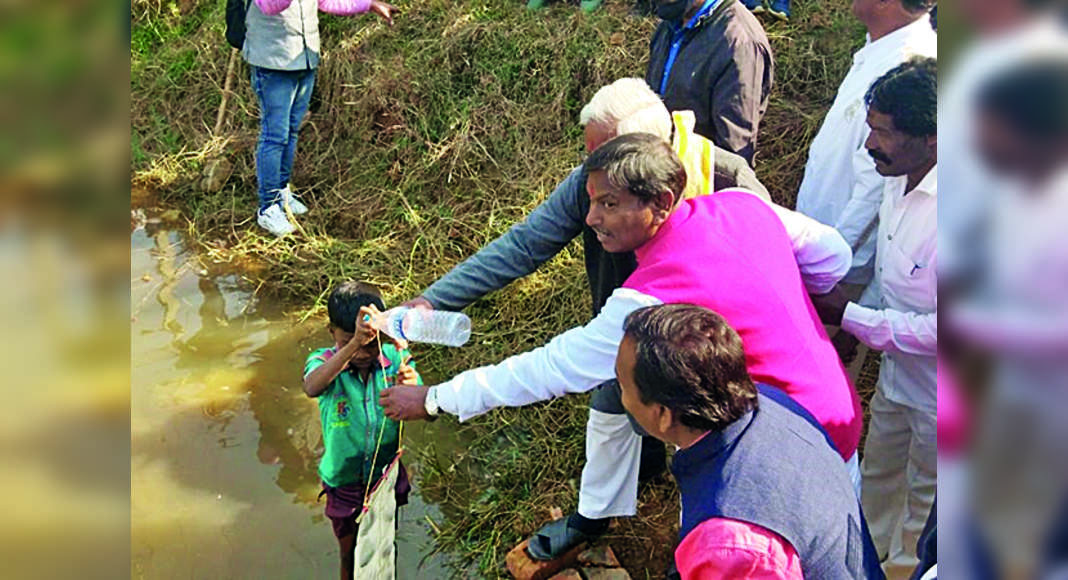Ranchi: The state health department has decided to send samples of those who died from Covid-19 after April 1 to the Institute of Life Sciences (ILS) in Bhubaneswar for Whole Genome Sequencing (WGS).
The move is aimed at monitoring the spread of various mutants of the virus and detect any possible new strain and take appropriate steps in days to come.
An order in this regard has been sent to all the sentinel surveillance sites across Jharkhand, which include the labs at Rajendra Institute of Medical Sciences (Rims) in Ranchi, all state-run medical colleges, all state-run RT-PCR labs and the Intermediate Reference Laboratory in Itki.
The nodal officers of these labs have been asked to ensure that the requisite number of samples, not less than 15 from each centre, is sent to ILS.
The lab officials have also been asked to coordinate with the district surveillance officers for sending the preserved samples and for initiating epidemiological investigation of unusual events like large clusters, vaccine breakthrough clusters, reinfection clusters and death clusters.
Talking to TOI, state epidemiologist Dr Praveen Karn said, “WGS will help us in detecting the new strains, if any, and help us gauge how many deaths were caused by the new strains.” He added, “Once we get the mortality rate associated with a specific strain, we will be able to identify areas or clusters with that strain and take appropriate measures.
As per our records, a total of 3,647 persons have died between April 1 and May 21 and all those samples will be sent for WGS.
We have directed all the labs to get the SRF ID of all such patients from their respective district administration and send the samples to ILS within 48 hours.” Upon contact, the head of department of microbiology at Rims, Dr Manoj Kumar, said, “Earlier, we used to send the preserved samples which had a CT value of less than 25 for genome sequencing and although now we are sending the samples of Covid victims, we will send some samples selected at random in the near future.
WGS will not only help us in detecting the number of deaths caused by the new strain, if any, but will also help us in planning timely intervention at specified clusters if we come across any cluster with a high caseload.” As per health department records, a total of 537 samples from across the state have been sent to ILS for WGS between March and April this year.
Of those, 363 were processed, out of which, 29 have shown the UK variant and 272 had double mutants.





